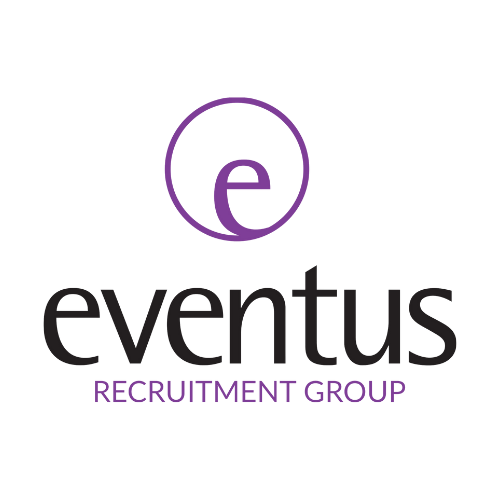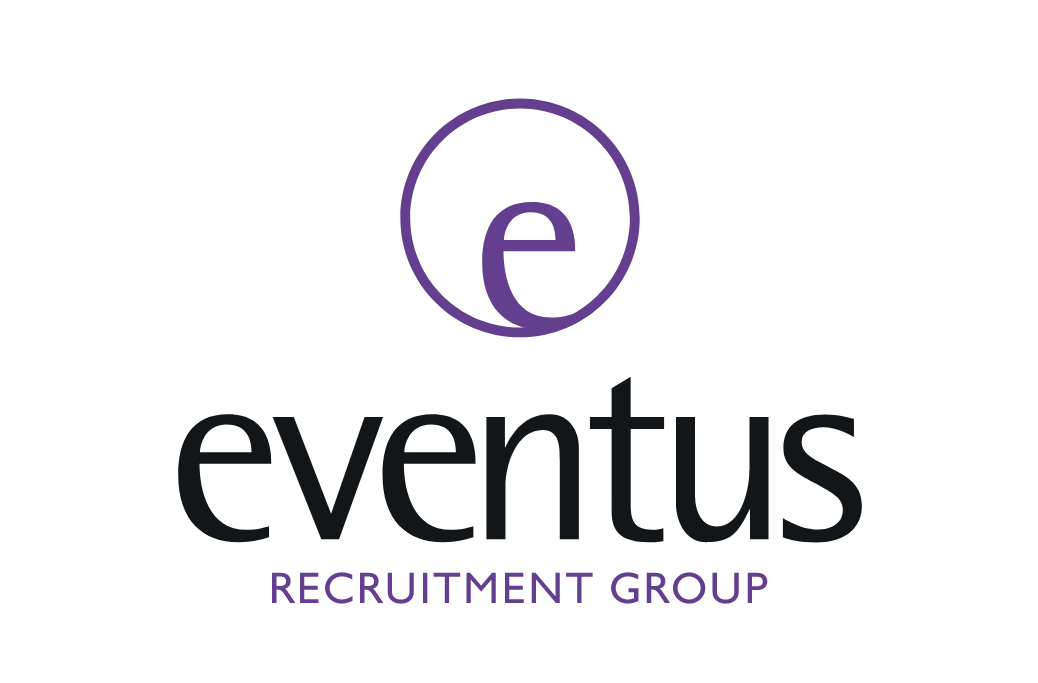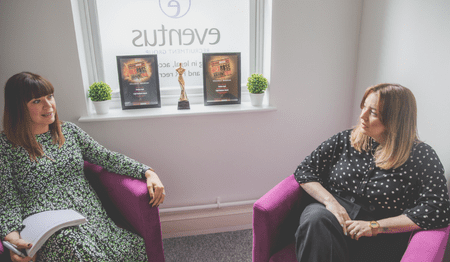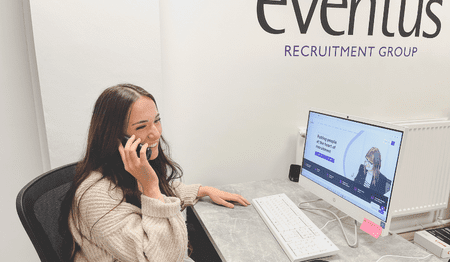How Organisations can support Staff Progression and Development with an Employee Development Plan (EDP)
At the present time, qualified Legal and Finance professionals looking for new roles are in short supply. Therefore, it is vital that you are doing everything possible to retain good employees. As well as ensuring you are paying a competitive salary, offering a good benefits package and creating a positive working environment, it’s important you are investing in the development of your staff. This shows your commitment to them, and hopefully brings it back to you in return. An Employee Development Plan is a useful tool for this.
Ongoing development will motivate your staff and create a culture of continuous improvement and progression (rather than stagnation). It will also make staff feel secure and supported, and content staff are less likely to be tempted to look at other roles. In our recent survey, 59% of our respondents said promotion / training and development opportunities are a key consideration when looking for a new role.
One of the ways you can ensure that you are ensuring consistent development of your staff is by creating an Employee Development Plan for all employees.
What is an Employee Development Plan (EDP)?
An Employee Development Plan is a document focussing on work-related skill development and it’s owned by both the employee and the line manager.
A continuing process that is consistently and regularly reviewed and updated, an EDP should aim to improve the individual’s skills as well as their technical knowledge.
What should an employee development plan include?
There are a number of points to consider when planning an individual employee development plan:
1. Where are they now and where do they need to get to?
Consider this an appraisal of their current skills and knowledge and how that matches to their current role. Are they meeting requirements?
Gaining the employee’s thoughts on their competencies, capabilities and career goals is crucial. Consider employee buy-in is crucial for this. What do they believe they need in the way of skills to do their job? How do they think they are currently performing?
Now consider the future development of the role. What additional skills may be required?
2. What training and development is required?
Now that you know where the employee currently is, and where they need to be, what training would help them perform better and what changes would they benefit from? What are their own ultimate goals? How can this development be achieved through specific training?
Creating a culture of learning within your organisation will demonstrate management commitment and encourage a strengthening of relationships between colleagues. Individuals who have open meetings, training sessions and forums are more likely to interact, enabling them to share knowledge and even train others. The additional benefit to this is that having skilled staff who can train others will save you time and money.
3. Why does it need to be done?
It is important that all employees understand “the why” rather than just the plan. Making the employee aware of how their learning and development will benefit not only their own career but the aspirations of your organisation, will demonstrate how they fit into the firm as a whole – and create a sense of pride in their work.
4. When should it be done?
It is important that realistic timescales are put into place, agreed between employee and manager. Monitor progress regularly to encourage and provide direction to the individual, and to show support on their journey.
5. How can progress be measured?
Ensure that regular feedback sessions are written into the employee development plan. The EDP should always form part of an appraisal, regardless of timescale. However, for short-term training it is imperative to discuss what the employee has learnt and what they will do differently post-training.
Final Tips for Implementing an Employee Development Plan
Don’t be afraid to change training needs as the requirements of both the organisation and the employee develop. Remember the EDP is owned by both the employee and the employer, and both should be responsible for monitoring it’s suitability.
Done well, an Employee Development Plan is more than a working document that charts an individual’s skill gaps and training needs. The long-term benefits include employee satisfaction and sense of belonging, and for you as an employer, a satisfaction in having a skilled, up to date workforce who then commit long-term to your organisation.
Enhancing Your Business Strategy
The Eventus Recruitment Group are award-winning recruitment specialists for Legal, HR, Finance and Accountancy sectors. Established in 2008, we have a wealth of experience in recruiting the right candidates with the skills and efficiency to help businesses thrive across the UK.
We offer a bespoke service to help you find talented candidates who match with your business and requirements. Furthermore, we will always work with integrity and honesty utilising our expertise to add real value to your recruitment and retention strategies. If you would like advice and support with recruiting, please click here to contact us.
I’ve used many recruiters for finding legal jobs for myself and then when I set up my own firm for recruiting staff and I can honestly say that Eventus has been the best. They really have listened and have only ever put forward candidates that really fit into my company perfectly. They have helped my company grow and I would have been lost without their services. Can highly recommend this company. – Law Firm, Liverpool.
Additional Reading
Professional Development Planning Cycle
Employee Incentives to Reward, Recognise, Motivate and Retain
















